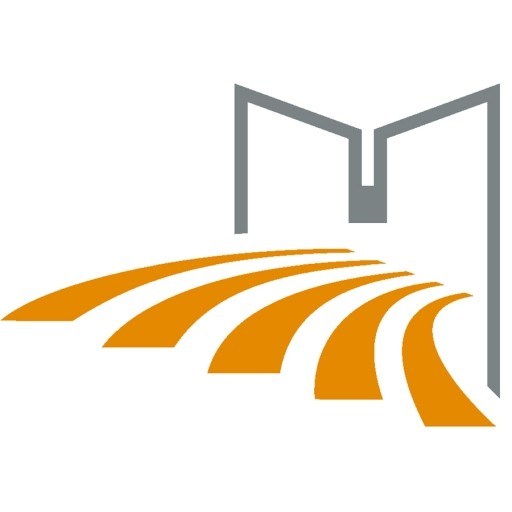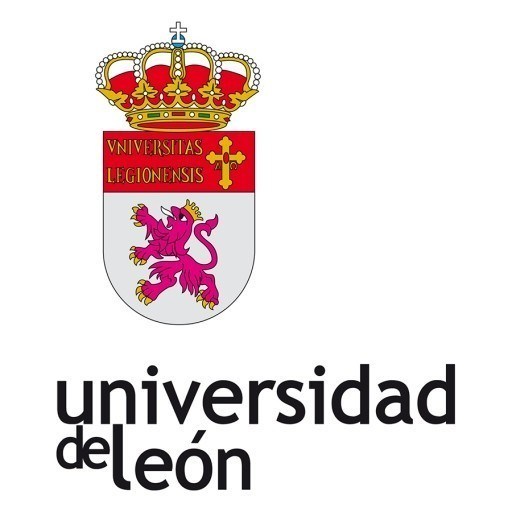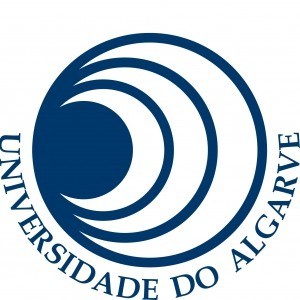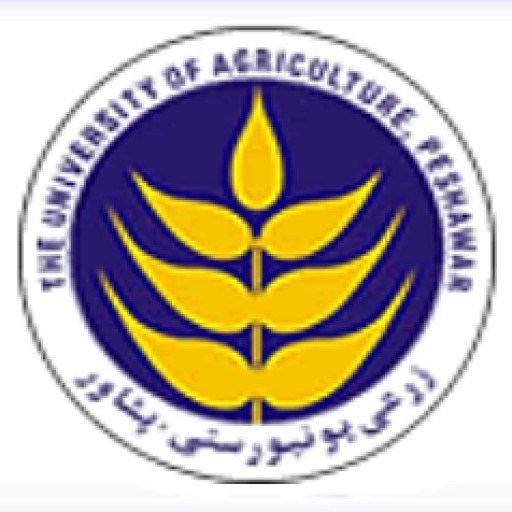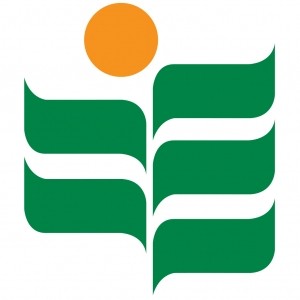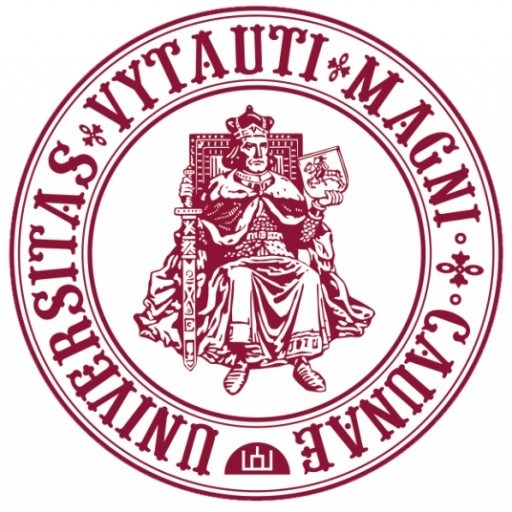European Studies at the University of Passau offers a comprehensive interdisciplinary programme designed to provide students with a profound understanding of the political, economic, cultural, and social dimensions of Europe. This bachelor’s degree programme emphasizes critical analysis of European integration processes, policies, and institutions, preparing graduates for careers in international organizations, European institutions, NGOs, and multinational companies operating within the European context. The curriculum combines core courses in political science, economics, history, and cultural studies, enabling students to develop a well-rounded perspective on European issues. In addition, students have the opportunity to specialize in areas such as European Law, European History, or European Economics, tailoring their studies to their personal interests and career goals. The programme also promotes intercultural competence, language skills, and practical experiences through internships, study abroad semesters, and project work. The language of instruction is primarily English, facilitating international exchange and collaboration. The University of Passau’s location and its extensive network of partner universities across Europe offer students unique opportunities for mobility and immersive learning experiences. Throughout the programme, students are encouraged to critically engage with contemporary European challenges, including migration, economic disparities, environmental sustainability, and political integration. Graduates will be equipped with the knowledge, skills, and intercultural awareness necessary to actively participate in shaping Europe's future on both a national and international level. By combining theoretical foundation with practical application, the European Studies programme at the University of Passau aims to foster future European citizens committed to fostering understanding, cooperation, and sustainable development across the continent.
Educational organisation
Your performance throughout the programme is evaluated by way of module assessments. In order to obtain the degree, you must pass a certain number of prescribed modules. However, you will be given the freedom to decide at which point in your degree programme you wish to complete specific modules.This also means that you need to rely on your organisational skills as you will have to put together your own timetable every semester, avoiding timetabling conflicts between courses that may be administered by different faculties. Nonetheless, the student committees and other units of the university will be on hand to advise you on timetabling issues and module selections.
Study abroad unit(s)
European Studies Major (eight semesters) - This major includes a two-semester period of study abroad and practical work experience abroad for a period of at least three months.European Studies (six semesters): This major requires one of the following options: practical work experience abroad for a period of at least three months, study abroad for at least three months, or employment as a teaching assistant abroad for at least six months combined with practical work experience for a period of at least two months at home or abroad.
You are responsible for arranging and organising your stay abroad, whether the purpose of the stay is to complete an internship, study at a partner university, or work as a foreign teaching assistant. However, you will receive adequate guidance and advice from the International Office prior to your stay abroad.
International Office
Innstraße 41
94032 Passau
Phone: +49 85 15 09 ext. 11 60, 11 61 or 11 62
Website: http://www.uni-passau.de/en/international/
Internships
You are required to complete a minimum of three months' work experience abroad.You are responsible for searching for an internship, clarifying the outline, and making all necessary arrangements. Internships enable you to gain valuable work experience in a selected occupational field whilst still at university; they also allow you to apply the knowledge and skills you have acquired in your studies. Internships are also an invaluable tool, which enable you to reflect upon your career aims and establish contact with potential future employers.
Your primary contact for all employment-related matters is the Careers Service.
For more details, please see: http://www.uni-passau.de/en/careerservice/.
Forms of assessment
Courses and seminars operate on the assumption that students will do a good deal of preparation and follow-up work outside of the classroom. They will receive some support from the respective lecturers but, nevertheless, conduct this work independently.Modules are assessed during or at the end of each semester. European Credit Transfer and Accumulation System (ECTS) credits are awarded when the respective module has been passed and the required coursework submitted. Assessments and coursework are usually graded. The forms of assessment include written and oral examinations, student presentations and written reports, essays and papers, or a combination of the above. A thesis must be written as part of the programme.
Course objectives
In module groups A, B and D, students acquire the competence to do research independently - with the aid of available academic resources - on selected areas within European Studies at an advanced level. This helps them to acquire an in-depth understanding of a chosen European culture as well as insights into European politics, society, history, and regional geography.In the European language modules (group C), students acquire fluency in one or two of the following languages: Czech, English, French, Italian, Polish, Portuguese, Russian, or Spanish.
Apart from factual knowledge, students acquire a set of key social competences. Students develop these competences as a result of the interdisciplinary nature of the programme and the importance attached to students taking responsibility for their own work and actively organising their own studies, particularly with regard to arranging their own job placement and/or period of study abroad. For example, mobility is acquired and international experience is gained whilst studying or doing a work placement abroad. Flexibility is acquired as students need to co-ordinate their modules, which are offered across three faculties.
Language requirements
Advanced knowledge of German, evidenced by the DSH-2 or TestDaF 4×4 certificate, is required.Required DSH / TestDaF
YesAcademic requirements
A recognised university entrance qualification (e.g., German Abitur or a foreign equivalent)Enrolment fees
The enrolment fee amounts to 70 EUR per semester. This comprises the student association contribution of 52 EUR and the semester bus pass, which costs 18 EUR.Costs of living
As a bare minimum, you should budget for about 660 EUR per month for accommodation, food, transport and other activities. Your actual expenses will vary depending on your lifestyle. Here is a breakdown of typical monthly expenses:Rent: 180-350 EUR
Food: 150-250 EUR
Public transport: included in the semester contribution
Books/other: 50-100 EUR
Job opportunities
For international students, a dedicated career adviser is on hand. The iStudi Coach will answer all of your questions about finding work or placements in Germany or abroad.http://www.uni-passau.de/en/istudi/
Please note that students from non-EU countries must apply for a work permit at the national job centre if they would like to work more than 240 half-days per year. Students from EU member countries do not require a work permit.
Funding opportunities within the university
In general, scholarships are awarded on the basis of academic performance; applicants' financial situations are only taken into consideration to a minor degree and scholarships (especially those from the university) are not usually awarded before the commencement of studies. If you intend to apply for a scholarship while you are still in your home country, please contact the German Embassy or the German Consulate at your earliest convenience.http://www.uni-passau.de/studium/waehrend-des-studiums/kosten-finanzierung/stipendien/
Arrival support
Twice a year, at the beginning of each semester before lectures start, the International Office holds orientation weeks for new international students. These are designed to help students settle in, make new friends quickly, and get to know important contact people. All international exchange students are required to attend the orientation weeks, and attendance is strongly recommended for international degree-seeking students.For more details, please see: http://www.uni-passau.de/en/intl-orientation-weeks/.
Services and support for international students
The International Office provides advice, information and assistance. Under the student buddy scheme, each international student is paired off with a German student buddy who helps the international student with all organisational and personal matters.For more information, please see http://www.uni-passau.de/international or write to international@uni-passau.de.
Accommodation
Most students in Passau live in privately rented flats, often shared with other students. A number of rooms are also available in our halls of residence. Some of these halls of residence are within walking distance of the university and others are more conveniently reached by bicycle or bus. However, all of our halls of residence are less than thirty minutes from the university.A room on the private market costs about 200-350 EUR a month. Landlords usually require a deposit of one or two months' rent when you move in, which will be returned to you at the end of the rental period, provided you leave your room in good condition.
The International Office can arrange for accommodation for either six months (one semester) or one year (two semesters). However, this service is subject to availability.
Rooms in halls of residence cost 200-270 EUR per month. These are fully furnished, with kitchen and bathroom facilities.
For more details, see: http://www.uni-passau.de/en/study/campuslife/accommodation/.
